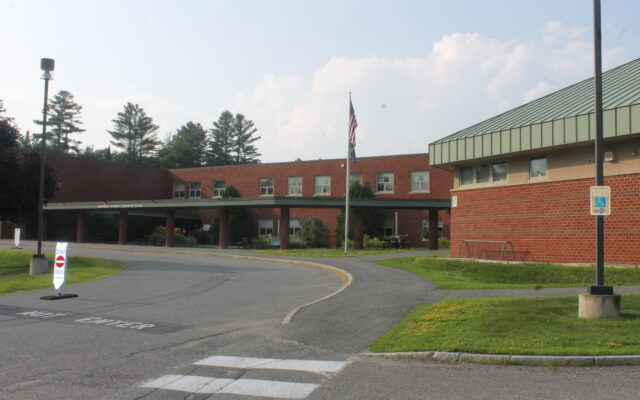
Here are the dozen Maine school districts that still don’t have budgets
By Daniel O’Connor, Bangor Daily News Staff
At least a dozen Maine school districts still don’t have budgets as they stare down the end of a summer marred by taxpayer frustration and look desperately for cuts to satisfy voters.
Schools are not required to pass a budget by the academic year, but finding solutions that close to session can disrupt operations. Discontent over taxes is generally driving “no” voters to the polls rather than specific concerns about the proposed school budgets themselves.
Lisbon, Milford and districts based in Searsport, Guilford, Hodgdon and Caribou have seen proposed budgets rejected twice with third referendums on the way. Wiscasset, Jefferson, Madawaska, and the Gray, Kennebunk and Fort Kent districts are lining up second votes.
Some of these situations are unique. In Lisbon, frustration over a steep tax hike from the municipal budget led many to vote down the school’s budget. Officials there did not reduce the school budget after its rejection, hearing few specific frustrations. On Aug. 5, voters rejected the proposed budget again, albeit by a smaller margin than in June.
Similar discontent may have fueled a rejection of the Fort Kent-area budget. At a July meeting, one resident said the budget was too high. Pressed for specific ideas for cuts, he said he had none. The board chair had an exasperated response.
“I’m not being facetious when I ask you to make suggestions,” Board Chair Toby Jandreau told the resident. “I’m welcoming them from everywhere, because if, God forbid, this fails again, we’re going to have to go back to the table.”
Guilford-based SAD 4 saw its budget rejected twice. Voters upset about high taxes turned out, especially in the district’s smaller towns like Abbot and Cambridge. Michael Watson, the head selectperson of Cambridge, said his voters were fed up with high spending. He cited esports as a controversial expenditure that could be axed.
Low turnout is common in school budget votes. Turnout in more local races is often skewed toward older voters on fixed incomes who are less likely to have children in local school systems, according to a University of Chicago study.
The effects could be larger in Maine, the nation’s oldest state by median age with a long-shrinking student population. Watson cited age alone as a factor in the elections.
“The economics in my town is, we’re 80! We’re old,” Watson said. “Continual increases in school tax, county tax, municipal tax is hurting a lot of people, and they’re starting to revolt a little bit.”
On top of that, local elections can often have limited polling hours that overlap with the workday. In some parts of the northern Aroostook district, heading to its second budget vote, polls will only be open between 2 p.m. and 6 p.m.
A large portion of the costs facing schools are connected to government mandates and contractual obligations. Many districts have a higher proportion of special education students. All of those fixed costs make it difficult for school districts to trim fat without staff cuts.
“Unfortunately there are no real easy solutions to cutting those costs at all,” Robbie Feinberg, spokesperson for the Maine School Management Association, which represents superintendents and school boards. “That means less support for kids in certain situations, but sometimes that is the step that the school or the district has to take in order to get the budget down.”
O’Connor is a Report for America corps member who covers rural politics as part of the partnership between the Bangor Daily News and The Maine Monitor, with additional support from BDN and Monitor readers.